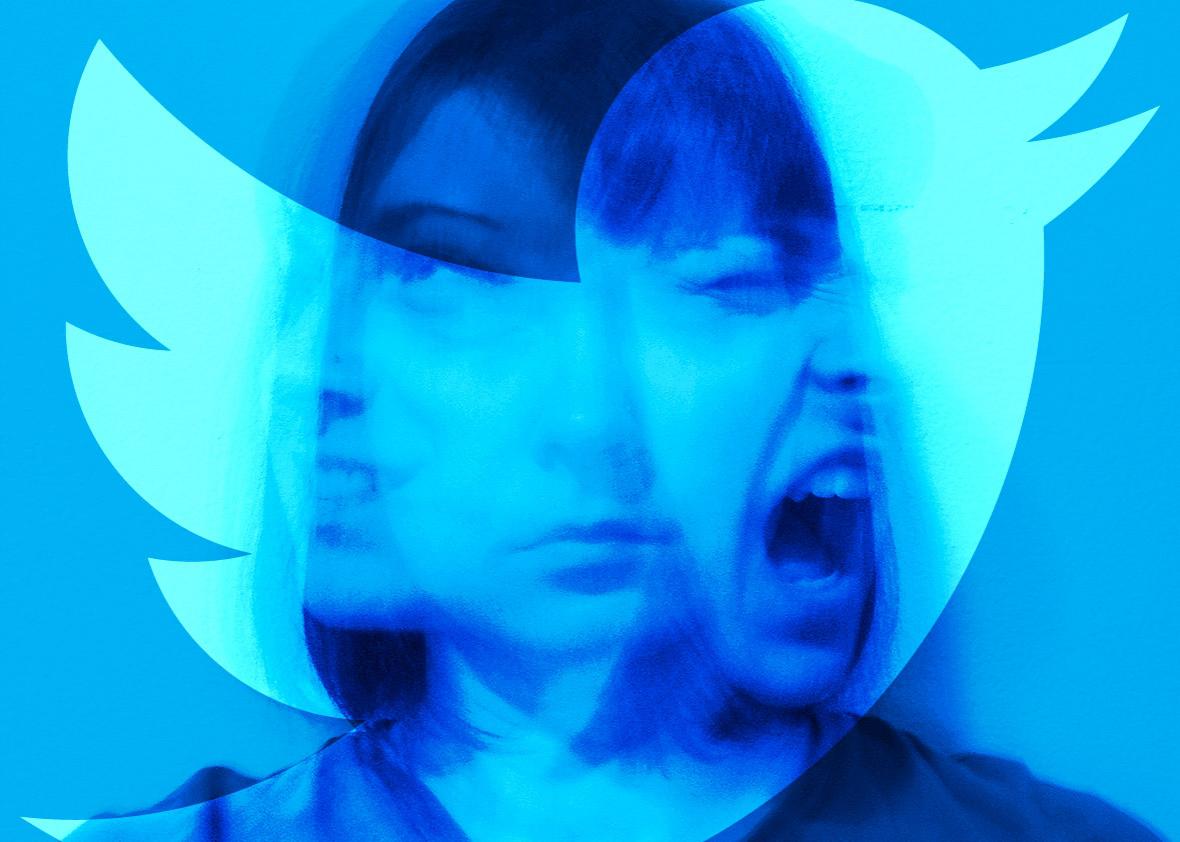In recent years, clinical research has resulted in improved treatment models for the 2.5 million Americans with schizophrenia, but such treatment must be sought out soon after the illness presents itself (typically in early adulthood) for it to be effective. And yet, research shows that people with schizophrenia delay seeking treatment by extended lengths of time—typically more than a year—causing poor clinical outcomes. Youths who experience the early symptoms of psychosis are the most likely to delay their treatment, thereby missing opportunities to recover. So what drives young adults’ hesitation to seek treatment for schizophrenia? It seems that stigma and prejudice play a major role.
Twitter—which offers a window into the uncensored and unscripted discourse of the online generation—reveals youths’ negative attitudes and perspectives about schizophrenia. These attitudes surely contribute to delays in help-seeking when one of these young adults starts to experience the symptoms of schizophrenia. On Twitter, behind the anonymity of the Internet, young adults can reveal their opinions and attitudes with few consequences. That’s why we, with our colleagues, analyzed tweets using the hashtags #schizophrenia and #schizophrenic in a paper published in Schizophrenia Research. We compared these tweets with those using the hashtags #diabetes and #diabetic, analyzing more than 1,200 tweets in total. We examined the frequency of negative language, humorous/sarcastic language or emoticons, and medically inappropriate or inaccurate remarks in each tweet including one of the four hashtags. The study is the first to explore the stigma of mental illness on social media.
Tweets were considered “negative” based on the presence of negative valence words within the tweet. Tweets with the words “die,” “hate,” or “pain,” for instance, were flagged as negative. Similarly, tweets were considered “sarcastic” if they included humorous or sarcastic words, phrases, or emoticons, such as “LOL,” “:)” or “hahaha.” Medically inappropriate tweets make a direct reference to an inaccurate fact about the illness, such as conflating multiple personality disorder with schizophrenia or confusing Type 1 and Type 2 diabetes. Tweets were considered “not a reference” if they did not refer to the illness, a feature of the illness, or a person with the illness at all. For instance, if the tweet said, “The economy is so #schizophrenic” it would be considered “not a reference.”
The results are troubling. Tweeters use schizophrenia negatively, sarcastically, and inappropriately by medical standards. Tweeters often confuse schizophrenia with another illness such as multiple personality disorder and use schizophrenia to describe something unrelated to the mental illness (“the weather is #schizophrenic!”). Thirty-three percent of tweets referencing schizophrenia were negative—which is twice the rate at which diabetes was used negatively. And schizophrenia was 10 times more likely to be used incorrectly (30 percent of tweets were incorrect) compared with diabetes. People are more likely to use humorous or sarcastic emoticons or language (for example. :), ;), “haha,” or “LOL”) in association with the adjective schizophrenic (14 percent of the tweets we examined) than with diabetic.
The tweets reveal that schizophrenia remains an illness of fear and mystery, an object of sarcasm rather than compassion. Improvements in our treatment systems lack value until we fundamentally reform attitudes about schizophrenia that undermine willingness to seek help among youth.
Such language also permeates our political discourse. Mike Huckabee suggested that Supreme Court Chief Justice Roberts needed “medication for schizophrenia.” Peggy Noonan of the Wall Street Journal blamed mass shootings on “schizophrenics or jihadists”—even though those with schizophrenia are also more likely to be victims of violence and that violence committed by those with mental illness accounts for less than 5 percent of all gun homicide. Ben Carson even said recently that Muslims who embrace American values have to be “schizophrenic” because they need to “have two different philosophies.”
Advocacy groups are undertaking anti-stigma programs to mitigate prejudicial attitudes. Research indicates that direct contact with someone with a mental illness can be more effective at alleviating stigma than public education campaigns. Thus, advocacy groups have largely turned toward sharing lived experiences of those with mental illness. The National Alliance on Mental Illness’ “In Our Own Voice” shares the first-hand accounts of people with mental illness to challenge harmful assumptions and stereotypes, such as those related to violence. (One of us, Ken, is the national medical director for NAMI.) The Stability Network is a group of successful professionals who share their stories to serve as role models for aspiring professionals who suffer from mental illnesses.
Historically, we have associated the causes of illnesses with the personal failings of those who suffer from them. For many, scientific progress in understanding the causes of illness has removed stigma’s shackles and encouraged people to seek treatment. Schizophrenia remains a stark exception. Our tweets reflect such pervasive attitudes that take a tangible toll on those suffering from schizophrenia and other mental illnesses. We should think twice before using the word schizophrenic when discussing—on Twitter, in real life, anywhere—a bad day, a weird moment, or something we dislike, lest we unwittingly build barriers for young people struggling with terrifying new symptoms to seek the help that they deserve.
